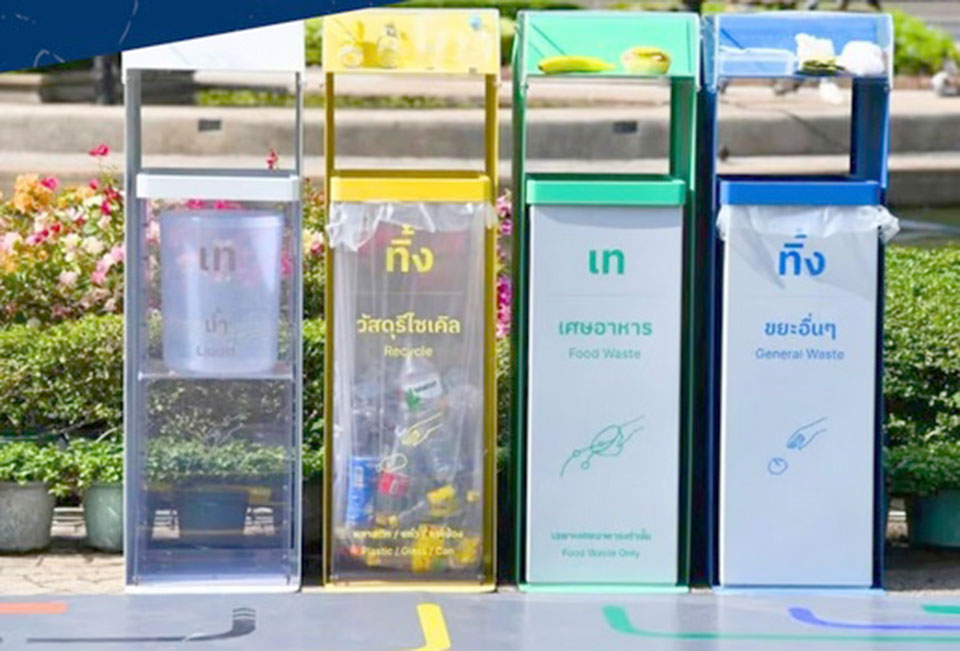
The Bangkok Metropolitan Administration (BMA) is reaping the rewards of its campaign promoting household waste sorting. The initiative, known as ‘BKK Zero Waste,’ has resulted in a substantial reduction in the amount of rubbish received by the city’s waste management facilities and a significant decline in waste treatment costs.
According to BMA Spokesman Aekvarunyoo Amarapala, overall city waste volume dropped by a staggering 67,248 tons from February to the end of last month, equivalent to about 444 tons per day, compared to the same period last year. This reduction led to a cost-saving of 127.8 million baht in waste treatment expenses.
The campaign’s effectiveness is further evident when comparing year-on-year waste figures. The BMA observed a daily decrease of 200 tons, or 2.25%, in waste received in February; followed by 272 tons, or 3%, in March; 318 tons, or 3.6%, in April; 713 tons, or 7.5%, in May; and 719 tons, or 7.4% in the last month.
In February, treatment costs decreased by 10.6 million baht, followed by 16 million baht in March, 18.13 million baht in April, 42 million baht in May, and 41 million baht last month.
Aekvarunyoo said the success of the “BKK Zero Waste” campaign can be attributed to collaborative efforts between the BMA and various public and private partners. Currently, the BMA is working with 998 businesses, educational institutions, fresh markets, religious outlets and organizers of public and festive events, as well as communities across the city.
Participating partners are encouraged to separate their waste into wet, dry and recyclable categories before BMA rubbish collectors pick it up. Additionally, another project initiated by the BMA involves the separation of kitchen waste from biomass, such as leaves and grass, contributing to the overall success of waste management efforts. (NNT)






